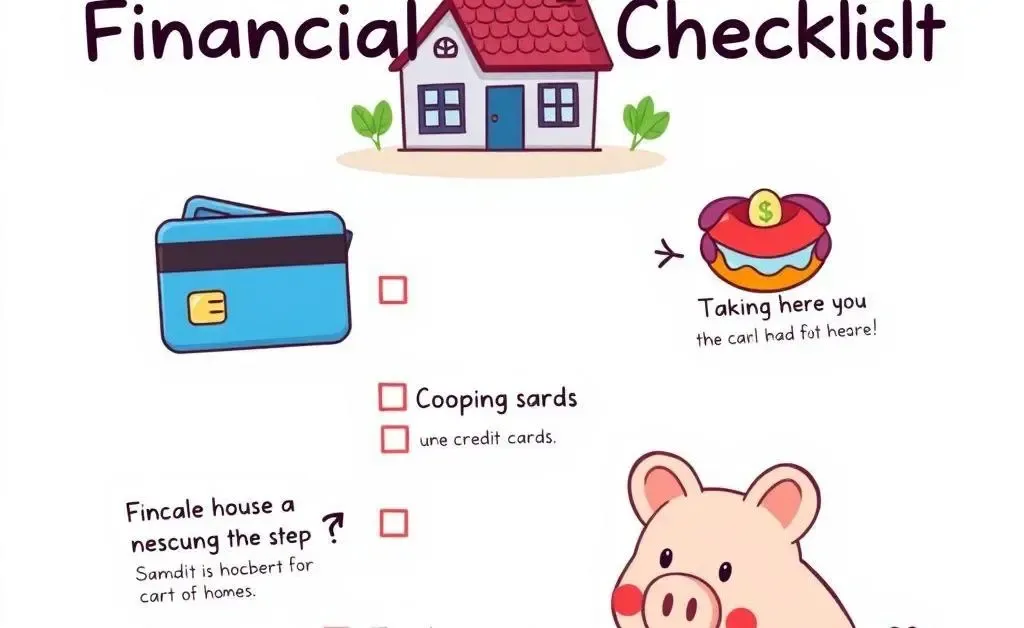Does Your Credit Score Really Matter? The Untold Truth
Why credit scores are just a piece of the puzzle for financial health.

Have you ever wondered what goes through a lender's mind when they're reviewing your loan application? The truth may surprise you—your credit score, that all-important number, isn't always the star of the show.
The Hidden Reality Behind Credit Scores
While it's tempting to focus solely on boosting your 750 to a pristine 800, lenders often look beyond that figure. Other elements like your debt-to-income ratio and payment history play pivotal roles in determining your financial picture.

Why Credit Scores Aren't Everything
Let's take a lighthearted journey through a fictional scenario. Imagine Lisa, a young professional who's always been meticulous about paying bills on time. Her credit score? A respectable 710. But when Lisa applies for a car loan, the lender raises an eyebrow—not because of her score, but due to her high level of credit card debt.
Here’s the thing: a good credit score is merely the tip of the financial iceberg. Here’s what lenders might also scrutinize:
- Your debt-to-income ratio
- Consistency and reliability in bill payments
- The length of your credit history
- Recent financial activities

Strategies Beyond the Score
If your aim is solid financial health, consider these wider strategies:
1. Manage Your Debt Wisely
Maintaining a healthy debt-to-income ratio is critical. Paying down debt not only improves your financial stability but also increases your creditworthiness over time.
2. Pay Consistently
Punctuality in bill payments is more than just good manners. It's a key factor that lenders evaluate. Think of it as your financial handshake; firm, steady, and trustworthy.
3. Know Your Report
Your credit report is more than a score at the bottom. It details your credit activity and includes any derogatory remarks. Regularly checking it ensures you're fully aware of your financial standing.

The Final Takeaway
Credit scores are undeniably significant, yet they paint only part of your financial portrait. By focusing on your overall financial habits, you can present lenders with a clearer understanding of your ability to manage a loan.
So, what's the first step you'll take toward improving your financial health beyond just boosting that all-too-familiar number?




